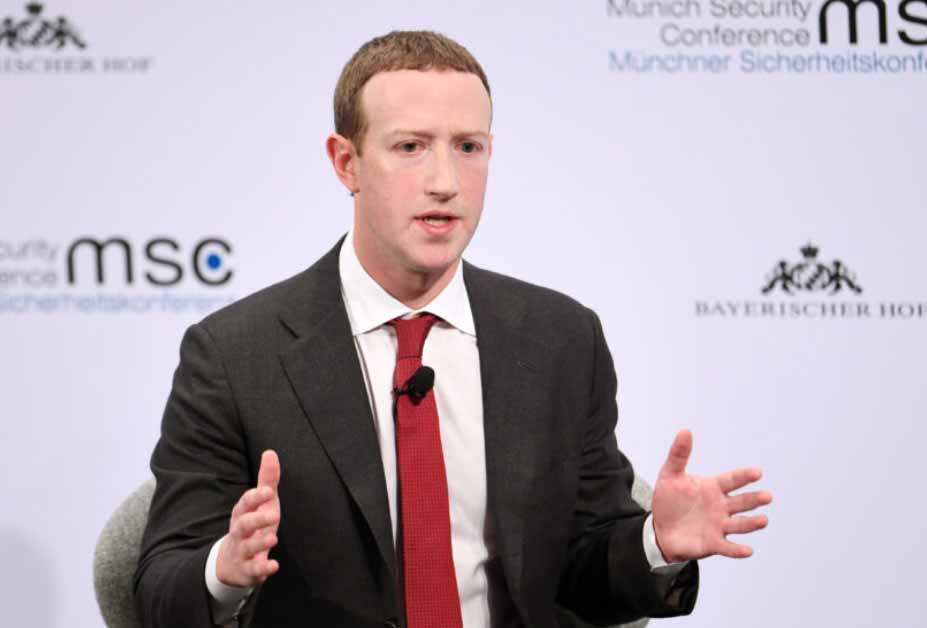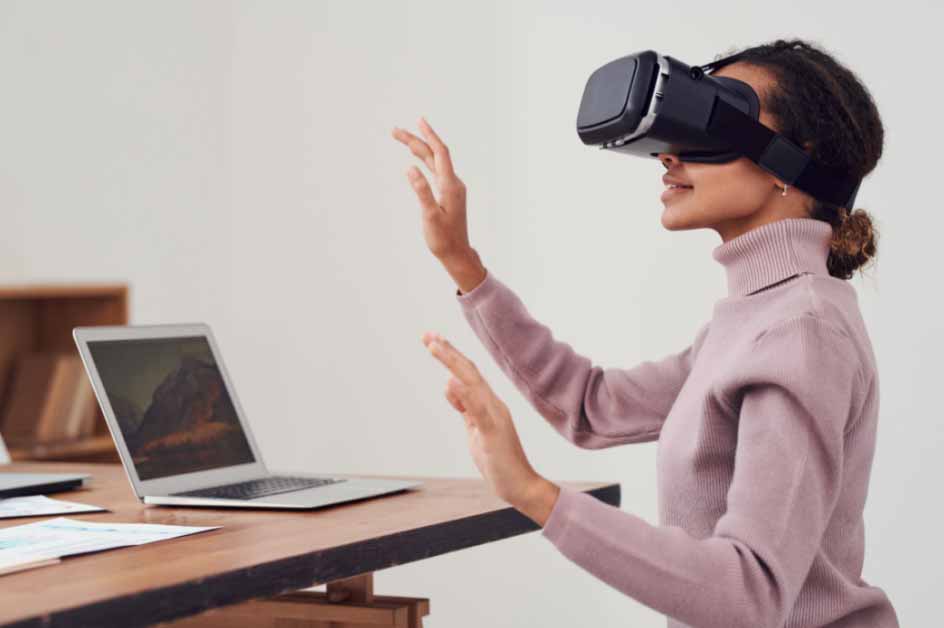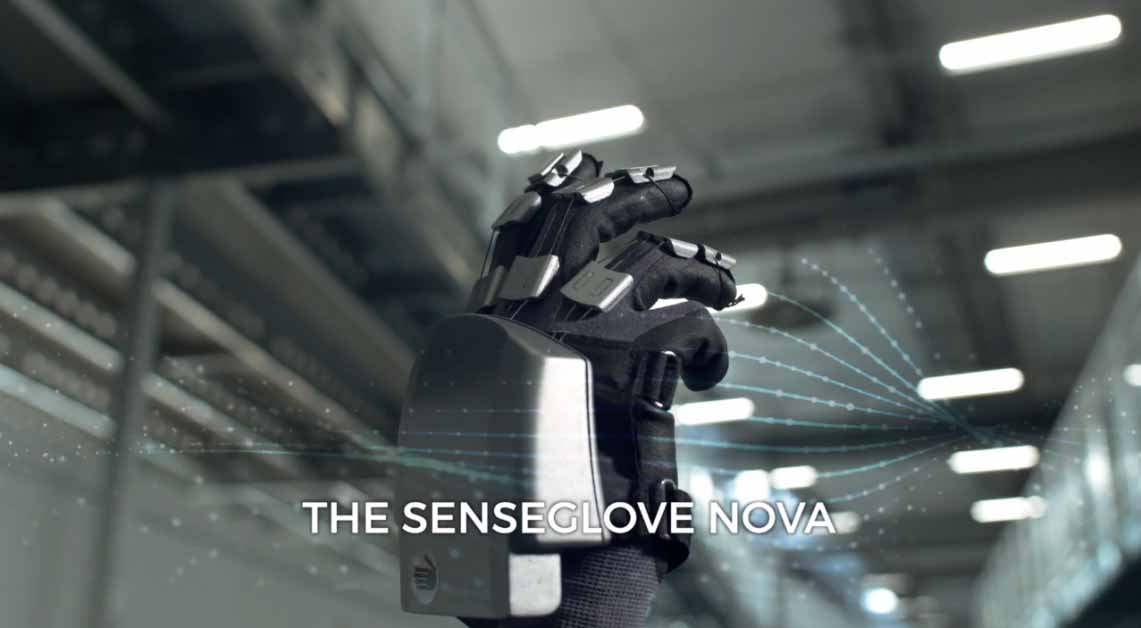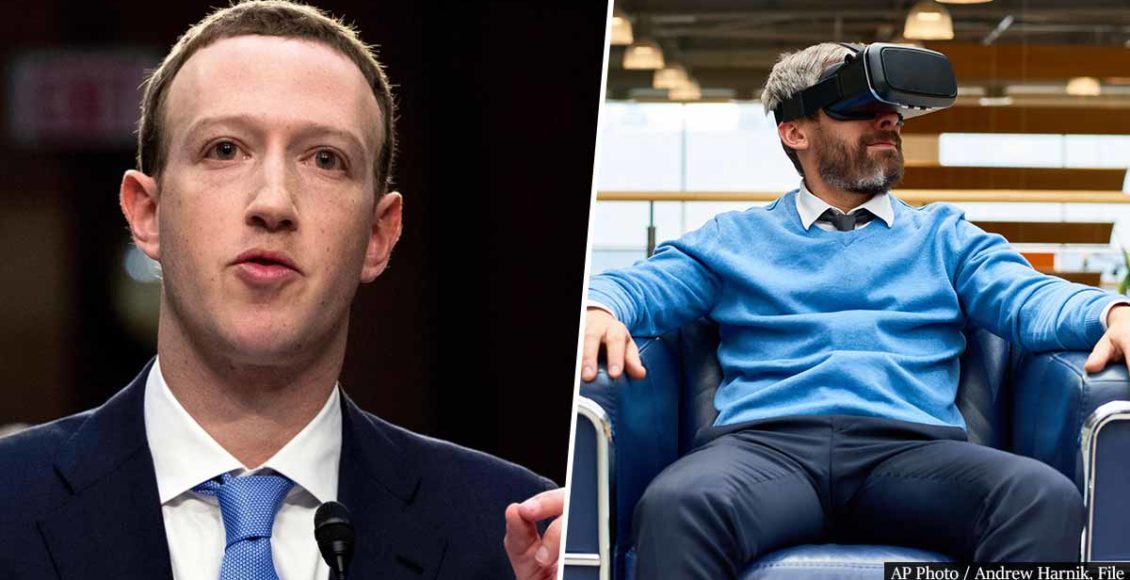Mark Zuckerberg claims employees will soon be able to “teleport” to their workplace via VR.
- Mark Zuckerberg says that VR will help employees “teleport” to work instead of commute.
- Facebook’s CEO claims that using VR in the workplace will present a significant “economic opportunity”.
- Companies are already working on expanding the possibilities of the VR experience for essential uses.
According to Mark Zuckerberg, we will soon be able to get back to the office, despite the pandemic, thanks to VR(Virtual Reality).

The CEO of Facebook had recently made an appearance on Clubhouse, an innovative audio-only social networking platform, as UNILAD reports. Zuckerberg presented the futuristic idea that VR, together with AR(Augmented Reality), will unravel the possibility for employees to go to work without actually going to work. In other words, we will be able to “teleport” while sitting comfortably at home.
As per Metro, he said:
“One of the things that [VR] will unlock is the ability to live anywhere you want and be present in another place and really feel like you are there. It is going to unlock a lot of economic opportunity because people will be able to live where they want and increasingly work where they want and kind of teleport into place.”
Companies are looking forward to enhancing the VR experience.

VR will no longer be used mainly in video games. Through the years, the technology has been applied in various fields. For instance, last year, a TV show used VR to reunite a grieving mother with her daughter, who died at the young age of 7.
The new opportunities that VR “unlocks” will be soon implemented to other essential uses, including training and working. What’s more, this will most probably lead to a positive change in our climate, as traveling to work will no longer be a problem. Zuckerberg added:
“I am also pretty optimistic about the impact on climate, in reducing the amount of commuting that people have to do. I think the advance in electric cars in reducing emissions is great and exciting, but I tell my team that it is easier to move bits of atoms around so we should be teleporting, not driving.”
Companies are now working hard on developing new ways of interacting via VR. For example, SenseGlove has created intuitive gloves that offer haptic feedback. The gloves are perfect for training, as they make digital objects feel real.

Implementing VR into the working process will definitely be a step forward. However, concerns have been raised regarding the high cost of the technology.
Do you support the idea of a VR workspace? Leave a comment to let us know!



